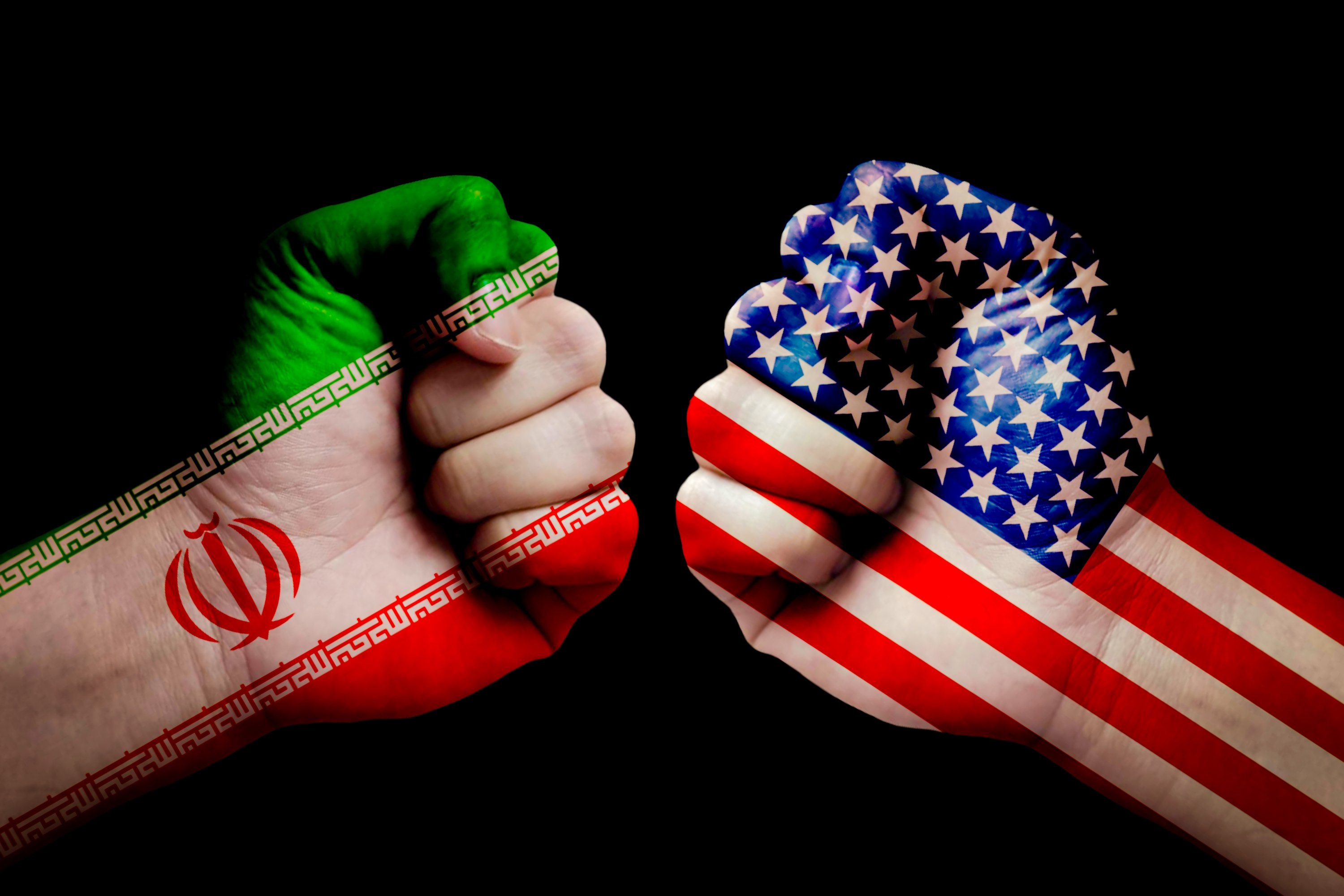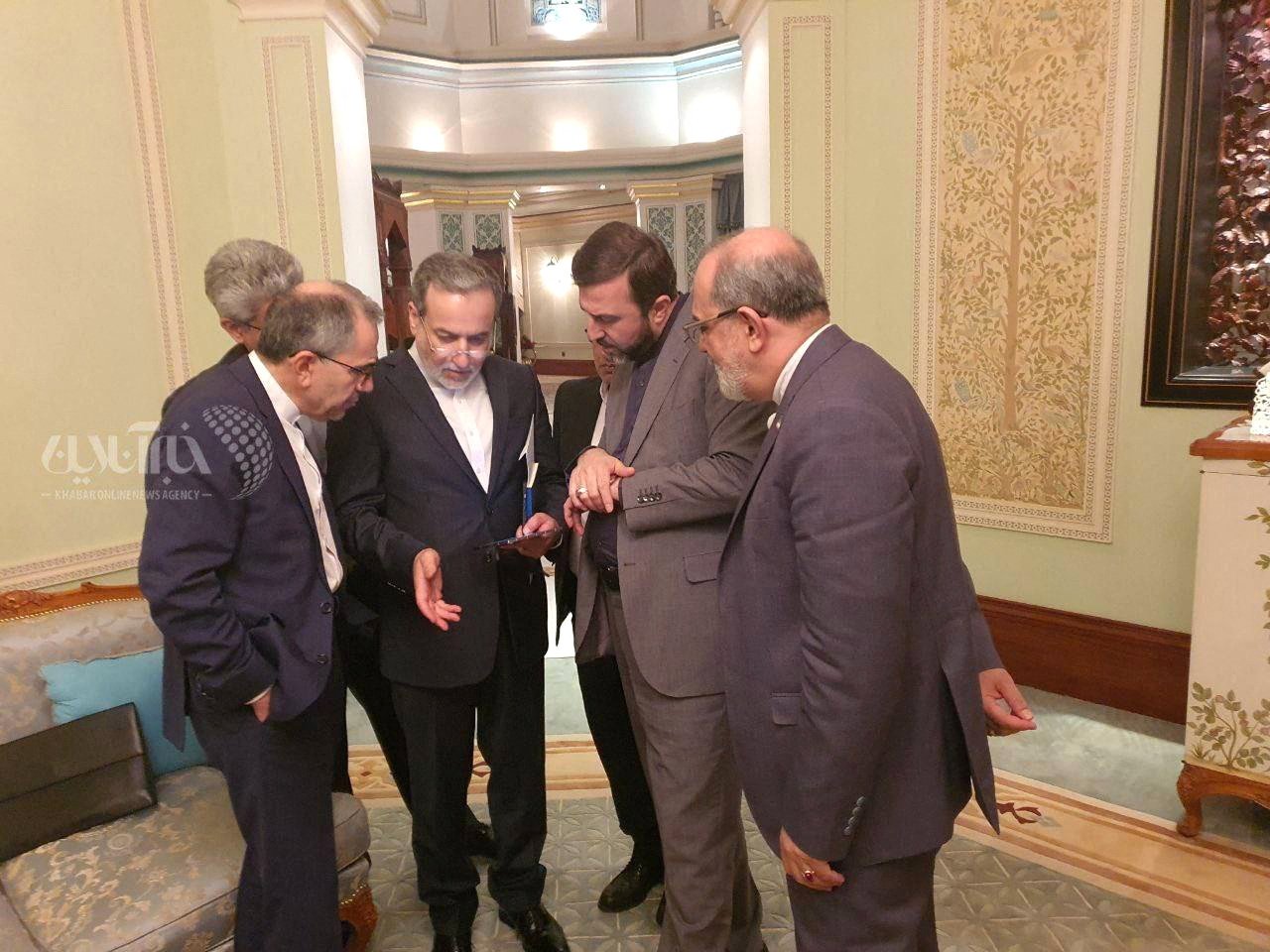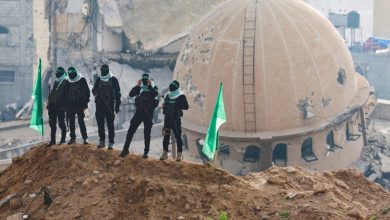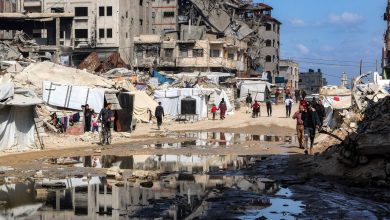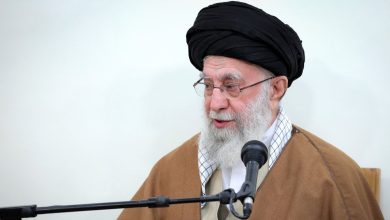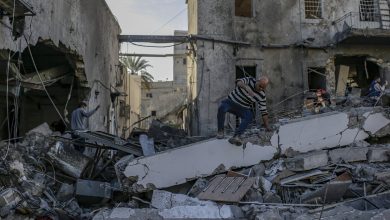US-Iran nuclear talks to resume next week after ‘friendly’ 1st round
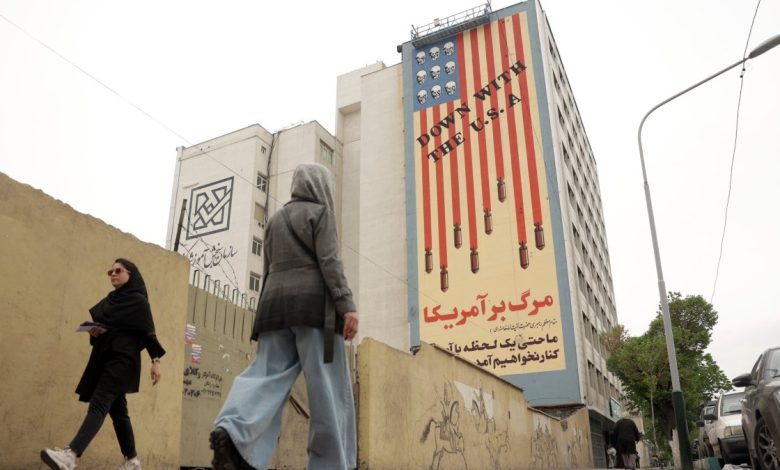
[ad_1]
After years of silence and sharpened rhetoric, the U.S. and Iran are back at the table. And this time, they’re racing against time.
The two adversaries – locked in four decades of mistrust – restarted nuclear talks Saturday in Muscat, with a rare face-to-face between U.S. Mideast envoy Steve Witkoff and Iranian Foreign Minister Abbas Araghchi.
The brief encounter, confirmed by Iranian state television, marked the first direct exchange between the nations since the Obama era.
While American officials remained tight-lipped, Iran wasted no time broadcasting the development.
Tehran’s announcement – likely timed to outpace a potential Trump social media post – revealed that talks would resume Saturday, April 19.
The first round began at 3:30 p.m. local time and ran just over two hours.
Witkoff’s convoy was seen departing Oman’s Foreign Ministry and speeding toward the outskirts of Muscat – where indirect talks kicked off behind closed doors.
Iranian Foreign Ministry spokesman Esmail Baghaei later confirmed on X that the talks had indeed begun.
High stakes, short timelines
This is no routine diplomacy as Trump has threatened military strikes if Iran’s nuclear ambitions are not curbed.
Meanwhile, Iran now possesses uranium enriched up to 60% – just a breath from weapons-grade.
With enough stockpiled material to potentially build multiple bombs, the window to broker a deal is narrowing.
“We’re not here for talks for the sake of talking,” Araghchi told Iranian state TV after the session. “Both sides want a deal – and fast. But it won’t be easy.”
Witkoff, speaking to The Wall Street Journal before the meeting, made the U.S. position clear: “Our starting point is dismantlement. But there’s room at the edges for compromise. What’s non-negotiable is weaponization.”
Though both sides continue to stress urgency and diplomacy, deep divisions remain.
Iran seeks to retain its right to enrich uranium – likely up to 20% – and won’t surrender its nuclear infrastructure entirely.
For Tehran, that’s a lesson learned from Libya.
Ayatollah Ali Khamenei has long cited Moammar Gadhafi’s fall – and brutal death after giving up his weapons program – as a cautionary tale against trusting Washington.
Talks labeled ‘constructive’
Saturday’s meeting, brokered by Omani Foreign Minister Badr al-Busaidi, was described as “friendly” and “conducive to bridging viewpoints.”
“We share a common goal: a fair, binding deal,” al-Busaidi said. “We’ll keep working toward that.”
Araghchi softened the significance of his brief chat with Witkoff as “greetings and polite exchanges” – likely to appease Iran’s powerful hardliners. Still, just standing in the same room marked a shift, meeting a U.S. condition that talks be “direct.”
[ad_2]
Source link


